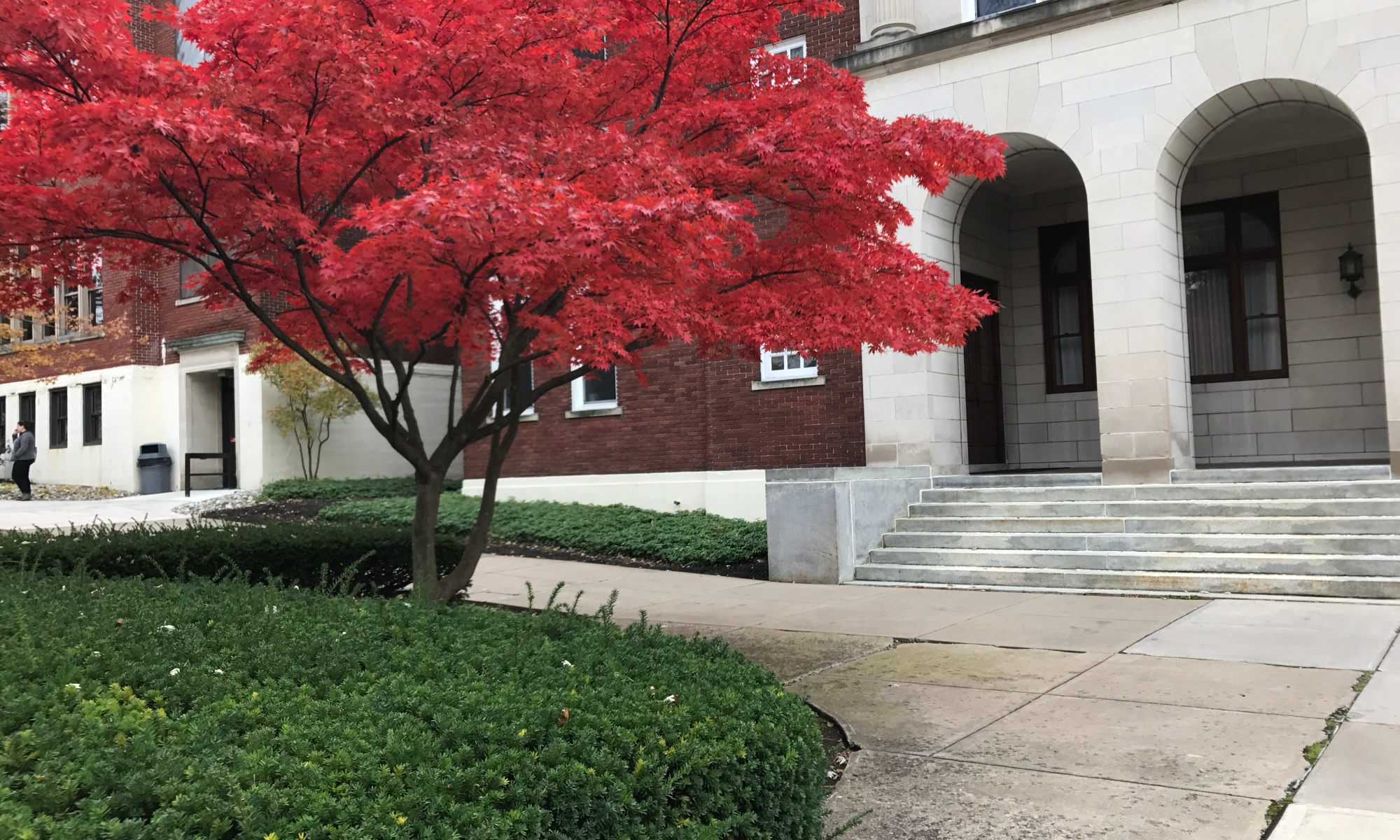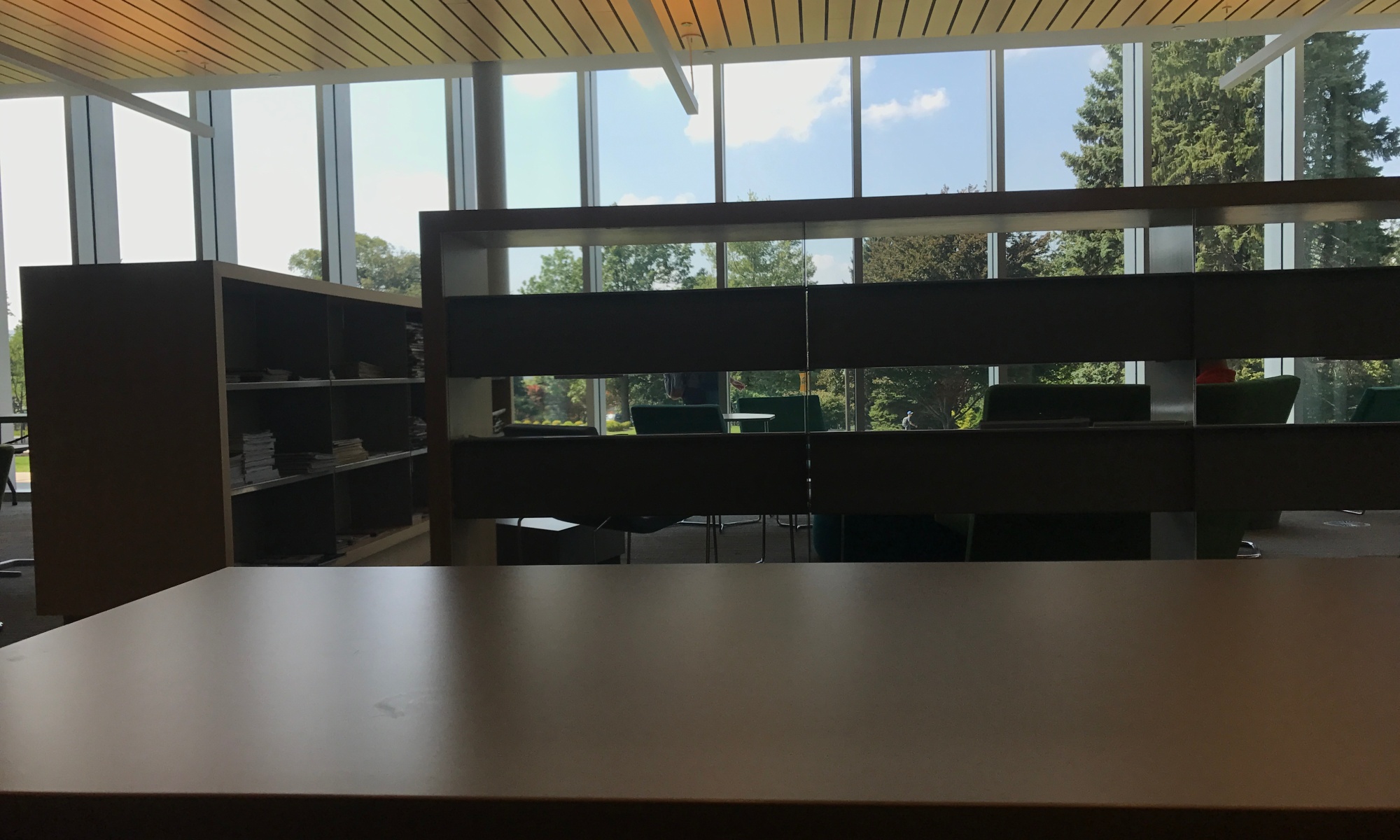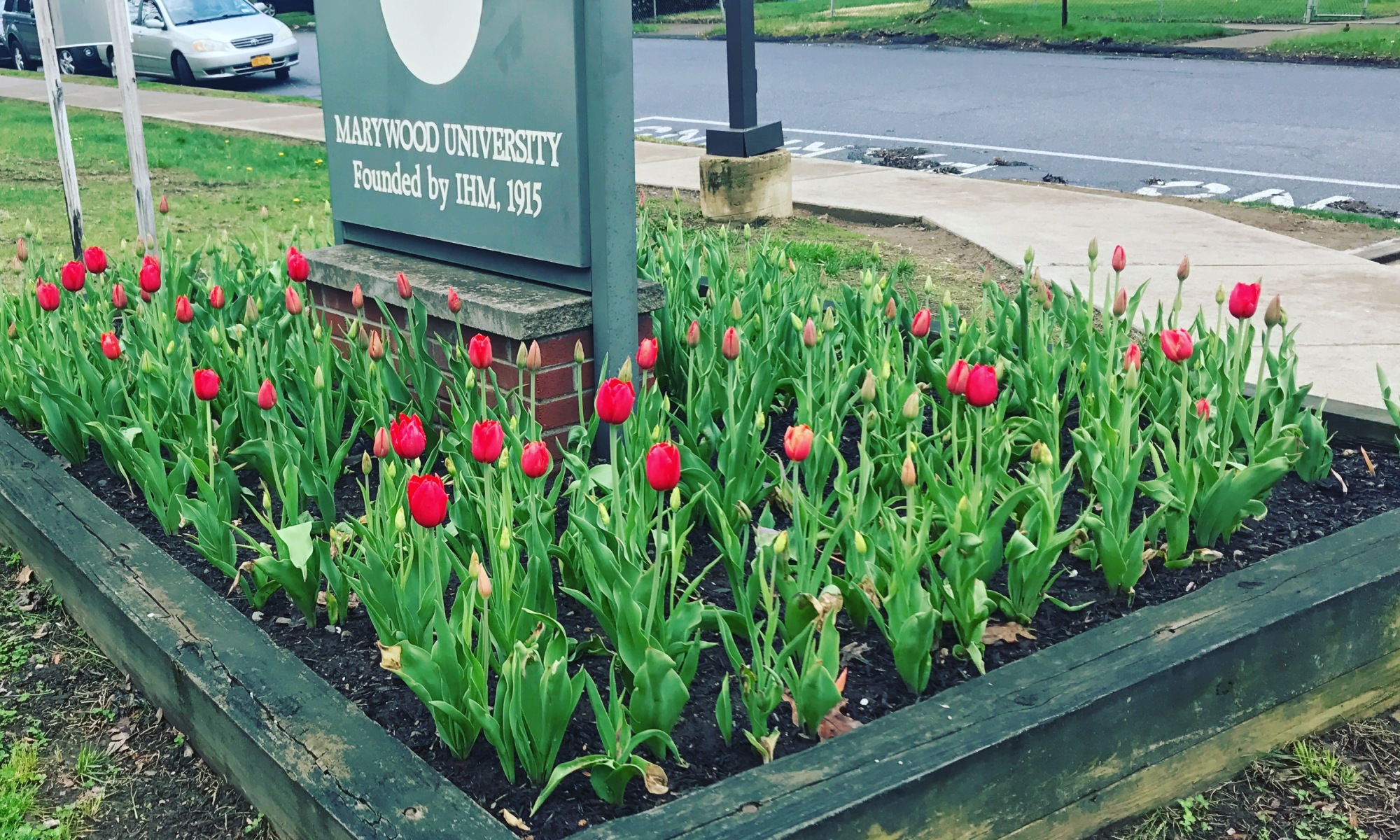WOW I CANNOT BELIEVE I AM ALREADY TYPING THESE WORDS BUT, CONGRATS ON MAKING IT THROUGH ANOTHER SEMESTER!!!
As for collegiate level schooling, the time increasingly flies by with each passing semester. I started the Fall 2018 semester off with some quick tips, and I am going to send it on its way with a few more.
*** If you would like to skip down to see the list, please do so now. I begin to go in-depth on the psychological aspects and understandings of metacognition in the next three paragraphs. ***
During the last few weeks of this semester, I focused my time researching and writing a lengthy literature review for my Contemporary Approaches to Learning Psych course. In the beginning, the material was redundant; we discussed Pavlov’s theory of classical conditioning, for what felt like the millionth time. Like yes, all of us psych majors know the two forms of associative learning, we know that Clark Hull’s Drive-Reduction Theory was grounded on the principle of homeostasis; and that if there is a shift in our inner equilibrium, we will develop a drive to fulfill the specific need to bring ourselves back to being comfortable, AND YES I AM ABLE TO RECITE BOTH; ERIKSON’S 8 STAGES OF PSYCHOSOCIAL DEVELOPMENT AND FREUD’S PSYCHOSEXUAL STAGES – IN THEIR ENTIRETY. I’m a freakin’ almost-novice-pro at that sh*t.
It was the basic psych things, and I was grateful, but the only thing I really took away from the class was my own research on metacognition, utilized in my Lit. Review.
I whole-heartedly believe that it is important to use multiple learning ways to positively impact studying skills. When I was in high-school, there was never a night that I studied. It could have been a regular quiz, a test, or a final, and I did not need to study – I was able to recall the information fairly well. However, the shift from not having to study, to having to study definitely took a toll on me in the beginning. Now that I have this whole college thing down, and I am constantly surrounded my psychological influences, I have decided to make a brief list of studying skills based off my gathered research from my Lit. Review in Learning Strategies using Metacognition.
I spend a good chunk of this semester studying – not entirely happy about that. There was a point where I felt as though all of the time I allotted for studying was just not helping me during the tests. I sat down and hammered the information; I was highlighting the key factors in various colors; aggressively chewing peppermint gum because some article on the internet said it would help; even creating thirty-seven quizlets to help prep me for upcoming exams – I still felt like nothing was working. I came to reality and began to understand that the study skills I developed in high school weren’t cutting it for college.
What Is Metacognition?
John Flavell, a developmental psychologist, coined the term Metacognition as “thinking about thinking,” sometime during the late 1970s. Basically, metacognition is being aware of your thinking; all of your concepts about ideas, and being able to expand your cognitive process within the realm of learning.
Metacognitive Study Strategies:
*** A few I found to be very beneficial ***
Thinking out Loud:
If you talk through your material, or even read aloud a paragraph of key information, will help you retain the information. By verbalizing your thoughts, you may be able to make more sense of the material and be able to internalize it more deeply. It is also more beneficial because it puts your knowledge of the subject to test – for example studying for a Spanish exam out loud is better than reading from a textbook, because you are verbalizing the vocabulary.
Constantly Ask Yourself Questions:
Self-reflective questions are the key to fully understanding metacognition. Approach certain topics from various viewpoints. Allow yourself to be introspective and more open with yourself about your comprehension. A few good questions to ask yourself:
- What is confusing about this topic?
- How will I use these concepts and topics in the future?
- What information am I struggling the most with understanding?
- How does this information relate to prior information learned?
* Even try brainstorming your own questions!
Review Your Exams:
This may not be applicable to some courses where the professors do not pass back tests to review, however if you are in a class where the professor does this, take the time to look through it. The first thing I do is to go through and type out all of the questions marked wrong. Then write in the correct answer next to it as well as the incorrect answer. I find that by writing the incorrect answer I chose AND the correct one, I am able to understand why I chose what I did. Maybe it was the same concept but I understood it backwards or maybe I misinterpreted a phrase, etc. Allowing myself to analyze the incorrect questions, I am able to fill in a few areas I may have missed in my interpretation of the material.
Use the Syllabus as a Vital Guideline:
The teacher didn’t only provide you with this lengthy pdf. or packet for no good reason. It most likely contains required texts, the course schedule, learning objectives, grading system, etc. The key is to use this to your advantage when fulfilling tasks required for the course. For example, I had a very heavy course in counseling that required me to read through the textbook every week. In the syllabi the professor listed the main concepts for each section of reading – it turned out that the the main concepts they told use to focus on were essays on each test.
It is important to understand why the professor may have assigned a specific reading. You may ask yourself:
- How does this connect to the information in-class?
- What are the main themes throughout the readings, and how can they be applied to the rest of the course content?
- Is there any prior knowledge that could help fully understand new material?
All things psychological aside, I hope these may be beneficial to future study sessions!










